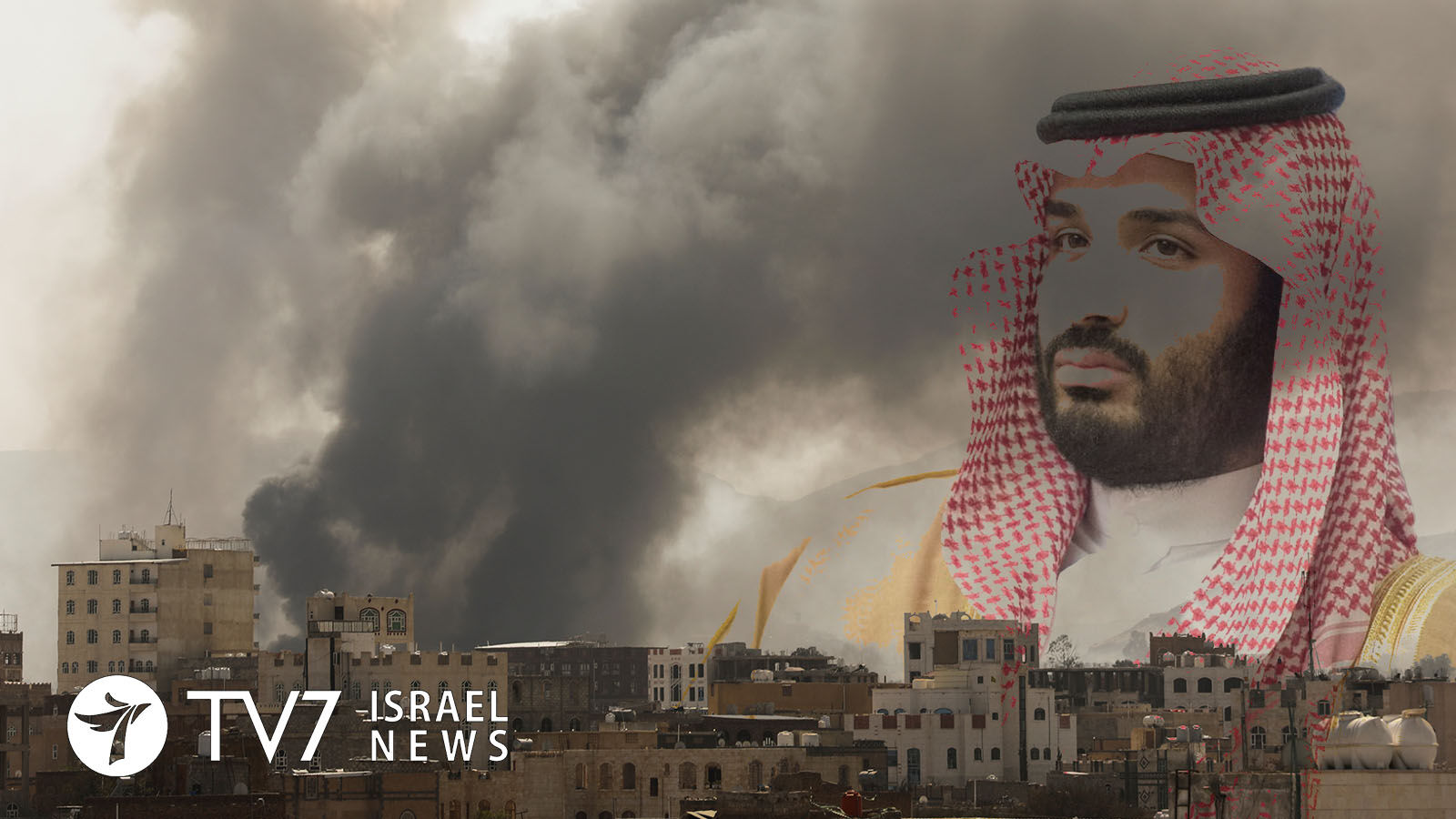Washington has warned Tehran that it will respond to any attack on Riyadh.
By Erin Viner
“We are concerned about the threat picture, and we remain in constant contact through military and intelligence channels with the Saudis,” said a spokesperson from the United States’ National Security Council (NSC).
“We will not hesitate to act in the defense of our interests and partners in the region,” emphasized the NSC official.
The announcement came in the wake of an exclusive report by the Wall Street Journal (WSJ) that Saudi Arabia has shared intelligence with the United States warning of an imminent attack from Iran on targets in the Kingdom.
The American military and others in the Middle East on an elevated alert level, Saudi and US officials were cited by the WSJ as disclosing.
According to the article, Saudi authorities said Iran is poised to carry out attacks on both the Kingdom and on Erbil, Iraq in an effort to “distract attention” away from anti-government protests that have been raging in the Islamic Republic since September.
Details of the Saudi intelligence have not been revealed.
The Iran-backed Houthi rebels in Yemen have routinely targeted the Islamic Republic’s regional rival Saudi Arabia. Riyadh has been leading a coalition battling the Houthi since March 2015 in what is widely seen as a proxy regional war between Saudi Arabia and Iran.
While tensions continue to mount over Iran’s disputed nuclear program and regional aggression, Israel, Saudi Arabia, the UAE and parts of Iraq have come under UAV or missile strikes that have been claimed by or blamed on Iranian-backed terror groups.
Gulf states have particularly been frustrated over the perceived reduction of the US commitment to regional security, and not sufficiently responding to their concerns over advancement in the Islamic Republic’s ballistic missile program and sponsoring of proxy militias, such as Hezbollah in Lebanon and the Houthis in Yemen.
The WSJ previously reported that Israel, the US, Saudis and Qatar held an unannounced military summit last March in the Egyptian city of Sharm El Sheikh focused on strategies to counter increasing threats posed by the Islamic Republic.
The vow from the White House to defend its ally comes despite President Joe Biden’s recent “reassessment” of ties between the two countries, over the decision by the Saudi-led OPEC+ group to slash oil production, which raised fears of a gasoline price spike in the US. At that time in mid-October, White House Press Secretary Karine Jean-Pierre stressed that Riyadh’s “action” and the “OPEC+ decision that they made” demonstrates “that we see that they’re aligning their energy policies with Russia.” She added that, “You will hear from us when we lay out what actions we are going to take. We’re going to review them” as “this is something that we take very seriously.”
When asked at a press briefing how the US could fulfill President Biden’s pledge to recalibrate its relationship with Saudi Arabia without benefiting its regional adversary, Iran, US State Department Spokesman Ned Price responded, “Certainly, we won’t take our eye off the threat that Iran poses not only to the region but in some ways beyond. You have seen us, separate and apart from any single bilateral relationship we have with the region, respond and take action, in some cases multilaterally, in some cases unilaterally, against the malign actions and malign influence that Iran has perpetrated, that Iran has attempted to export throughout the region. We are not going to cast aside any of the important tools that we need to wield to ensure that Iran does not pose a threat to American people, to American interests, and to our broader interests in the region. That certainly won’t change.”
The Organization of Oil Exporting Countries (OPEC) was founded by Iran, Saudi Arabia, Iraq, Kuwait, and Venezuela in 1960, and later expanded to include Algeria, Angola, Congo, Equatorial Guinea, Gabon, Libya, Nigeria, and the United Arab Emirates (UAE).
